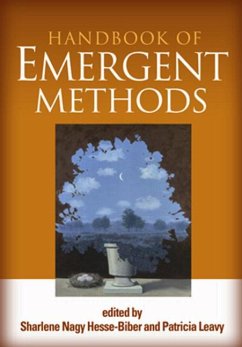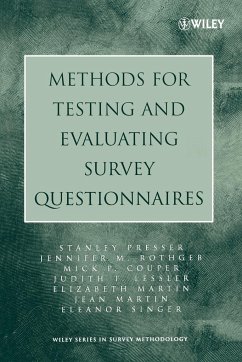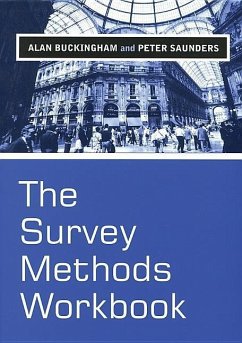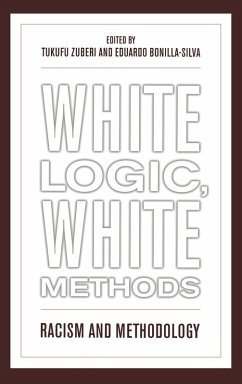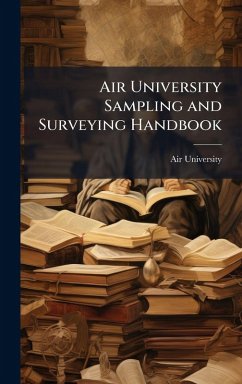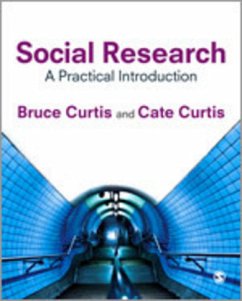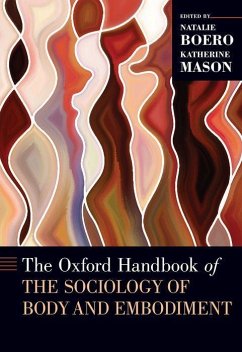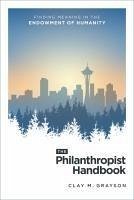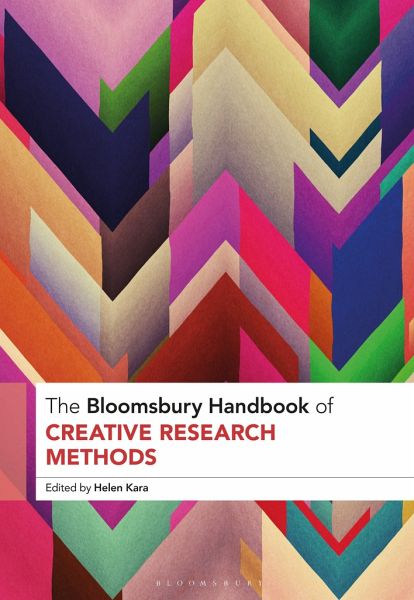
The Bloomsbury Handbook of Creative Research Methods
Versandkostenfrei!
Versandfertig in über 4 Wochen
196,99 €
inkl. MwSt.

PAYBACK Punkte
98 °P sammeln!
This book provides both an overview of, and an insight into, the rapidly expanding field of creative research methods. The contributors, from four continents, range from doctoral students through to independent and practice-based researchers to senior professors, providing a clear view of the applicability of creative research methods in all types of research work. Chapters offer examples of creative research methods in practice, and advice on how to transfer or adapt those methods for different disciplines and settings. Research ethics and research quality are considered throughout. This is a...
This book provides both an overview of, and an insight into, the rapidly expanding field of creative research methods. The contributors, from four continents, range from doctoral students through to independent and practice-based researchers to senior professors, providing a clear view of the applicability of creative research methods in all types of research work. Chapters offer examples of creative research methods in practice, and advice on how to transfer or adapt those methods for different disciplines and settings. Research ethics and research quality are considered throughout. This is a timely handbook which provides information for novice researchers and inspiration for experienced researchers, and is essential reading for anyone interested in creative research methods.



